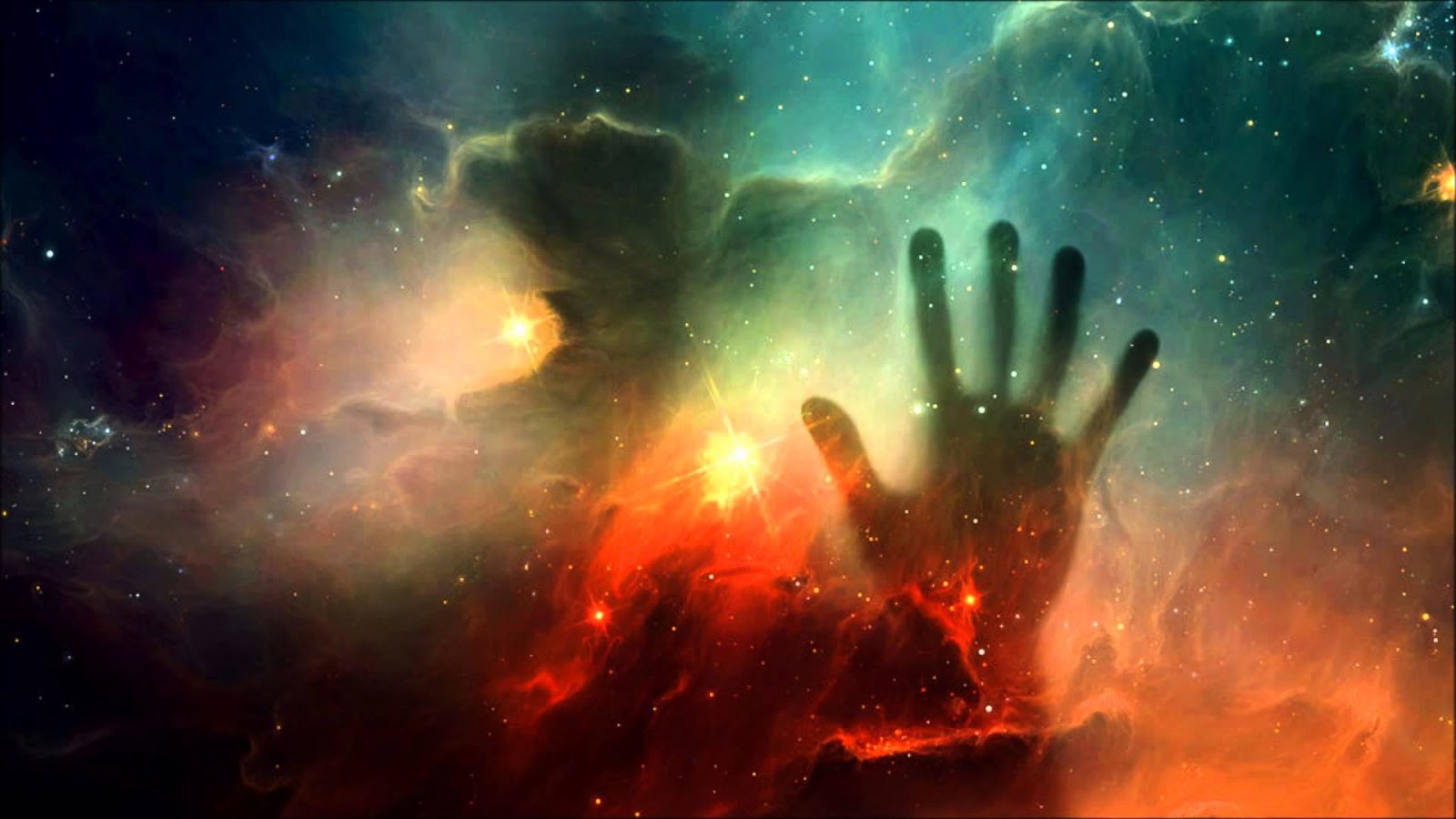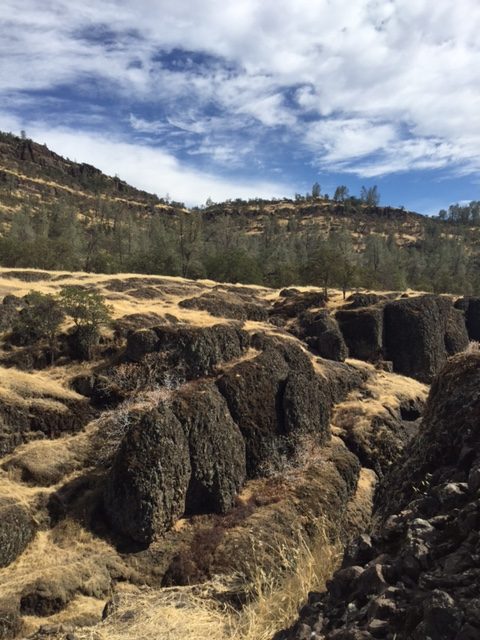It’s late afternoon, and the light has changed in the canyon overlooking the gorge. The cliffs above suddenly appear sharper, and the huge vertical slabs of volcanic rock below seem to come alive.
Though I’ve walked in less than half a mile from the gate, and the drive takes less than 15 minutes from the edge of town, I haven’t seen a soul in over an hour.
It’s incredibly dry. Signs on the paved road before the gravel road of Upper Park warn of extreme fire danger. The parched grasses are so brown that the verdancy of spring, garlanded with orange poppies and baby blue lupines, seem a distant memory.
The sound of water from the stream less than 100 meters below, along with a partial canopy of clouds above, bring a palpable thirst for rain from the earth and in the man.
Winter storms are still more than two months away however—if they come at all during the protracted drought exacerbated by global climate change.
We live in the self-important Anthropocene Age, the age of human domination of the earth. The name means we don’t understand ourselves, and our place on this planet and in the universe.
Beyond the massive rocks that form the walls of the gorge, in places looking like a giant stonemason set them, the eye scans empty miles upcanyon. You feel like you’re sitting on the edge of the Great Rift Valley. You sense the human species, as numerous as it is, is dying. Can another be born?
It seems to me we first have to find out: Is there an intrinsic intent in the universe to evolve, through random processes, brains capable of awareness of Mind?
What we take to be consciousness is not consciousness. At best it’s what is filtered through symbols and memories; at worst it’s solely thought’s projection. As Socrates said, people trapped in a cave hold that the truth is nothing other than the shadows of artificial things.
When we leave the shadows and caves of thought— not through effort but by attending fully to its movement—we begin to know true consciousness. And the awakening of consciousness leads to the awareness of Mind.
So the evolution of so-called higher thought gave the human brain the raw neuronal capacity for conscious awareness of Mind, but symbolic thought is a tremendous impediment to consciousness! Why would nature play such a trick? It isn’t a trick. Like many of the great discoveries of science, the universe does not give up her secrets easily.
The evolution of the capacity for awakened consciousness is a riddle that had to be resolved philosophically, as it has to be resolved spiritually in each serious individual. I can give you the key, but only you can unlock the doors of your prison, as only I can unlock the doors of mine.
Is one form of consciousness is reaching its end in humankind—a limited, increasingly fragmented and disordered consciousness, essentially as we’ve known it for tens of thousands of years?
And can another order of consciousness altogether emerge, changing the disastrous course of humankind and allowing an imperfect harmony between human beings and the earth, and between peoples on the earth?
Humankind appears to be going through a painful birthing process into new species. A failure of moral imagination, which goes far beyond mere imagination, is preventing people from embracing radical change.
The phrase, ‘he (rarely she) is a Neanderthal’ is an insult referring to someone who is pigheadedly retrograde. (Anyone come to mind?) Neanderthals were actually a very successful human species however, possessing brains larger than ours and having an adaptive pattern that persisted for hundreds of thousands of years.
They weren’t the brutes we’ve been taught to think they were, and our species of modern humans probably interbred with them, absorbing their lineage, in part at least, into our own.
Are some people (radical change always begins with a few) undergoing a non-technological transmutation from human to human being that is as different from the present human species as our distant progenitors were from Neanderthals?
In short, is the human species on the cusp of the emergence of a new species, this time fully consciously, worthy of the name Homo sapiens?
Many philosophers say such a situation would produce conflict between the two species, just as it no doubt did between modern humans and Neanderthals.
But decimation of other species and inter-group conflict and war are the characteristics of Homo sap. A higher intelligence is the hallmark of the new species, and violence won’t be integral to its adaptive pattern.
So what is the human brain for, if it is no longer dominated by and based in thought? Sit alone on your own savanna and find out.
Martin LeFevre


